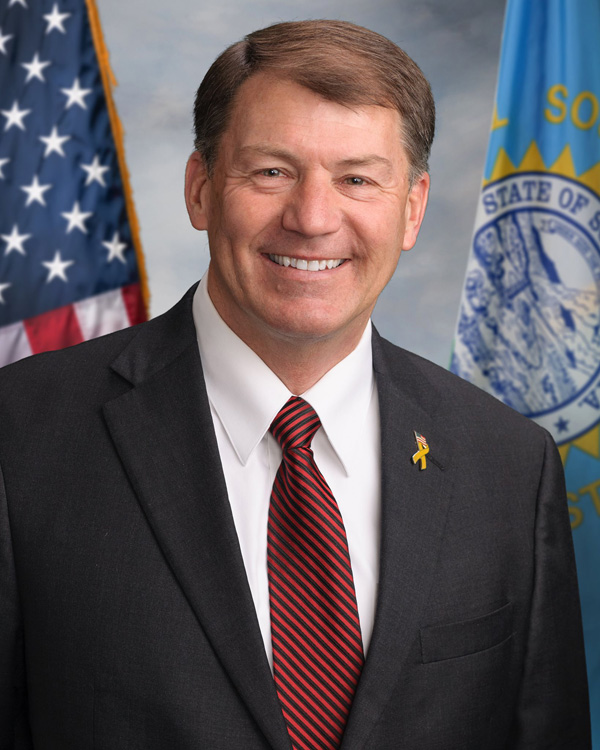

Rounds, Jones Introduce Bipartisan Legislation to Make Certain Vital Health Care Jobs are Adequately Staffed when Disasters Strike the U.S.
WASHINGTON—U.S. Sens. Mike Rounds (R-S.D.) and Doug Jones (D-Ala.) today introduced the United States Public Health Service Modernization Act of 2019. Their bipartisan legislation would establish a Ready Reserve Corps within the United States Public Health Service (USPHS) Commissioned Corps to make certain vital health care jobs are adequately staffed when disasters strike the U.S.
“We’re grateful to all USPHS Commissioned Corps Officers who dedicate their careers to improving public health and working in underserved areas,” said Rounds. “However, we must make certain vital healthcare services remain available to our citizens when Commissioned Corps Officers are called away from their duty stations. By creating a Ready Reserve Corps within USPHS, we’ll be better equipped to fill these vital positions, such as doctors and nurses at IHS facilities, when the Regular Corps Officers need to respond to a national emergency.”
“Alabama knows all too well the full spectrum of natural disasters and the devastation they can bring on our communities, especially in our most rural areas that lack immediate access to services and resources,” said Jones. “When our dedicated health care workers deploy to these disasters, we also need to make sure we’re not creating a gap in service at their home duty station. This bipartisan bill will help address that challenge by making sure adequate health care professionals are on standby to fill those positions and provide continuous quality care.”
Background:
- The USPHS Commissioned Corps is a team of more than 6,500 full-time officers advancing public health and disease prevention programs. The Commissioned Corps fills health service roles within federal agencies and programs, including the Indian Health Service (IHS), Food and Drug Administration (FDA), Bureau of Prisons and U.S. Coast Guard.
- Currently, during times of national emergencies such as a hurricane, USPHS Commissioned Corps Officers are relocated from their stationed roles within these agencies and relocated to help with public health emergencies. This leaves vital health care jobs at agencies vacant, posing a risk to citizens in the area who rely on those services for care.
- Creating a reserve will allow duty stations to fill these vital positions when Regular Corps Officers are called away to respond to public health emergencies.
###
